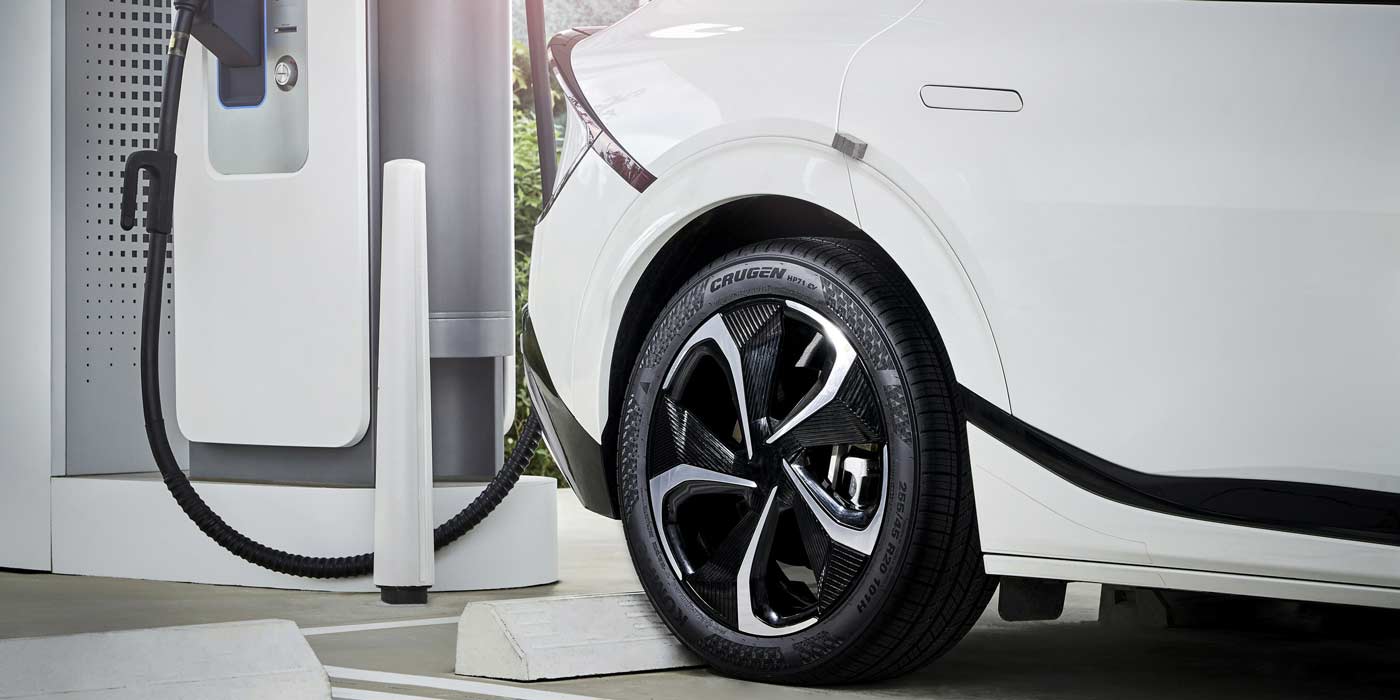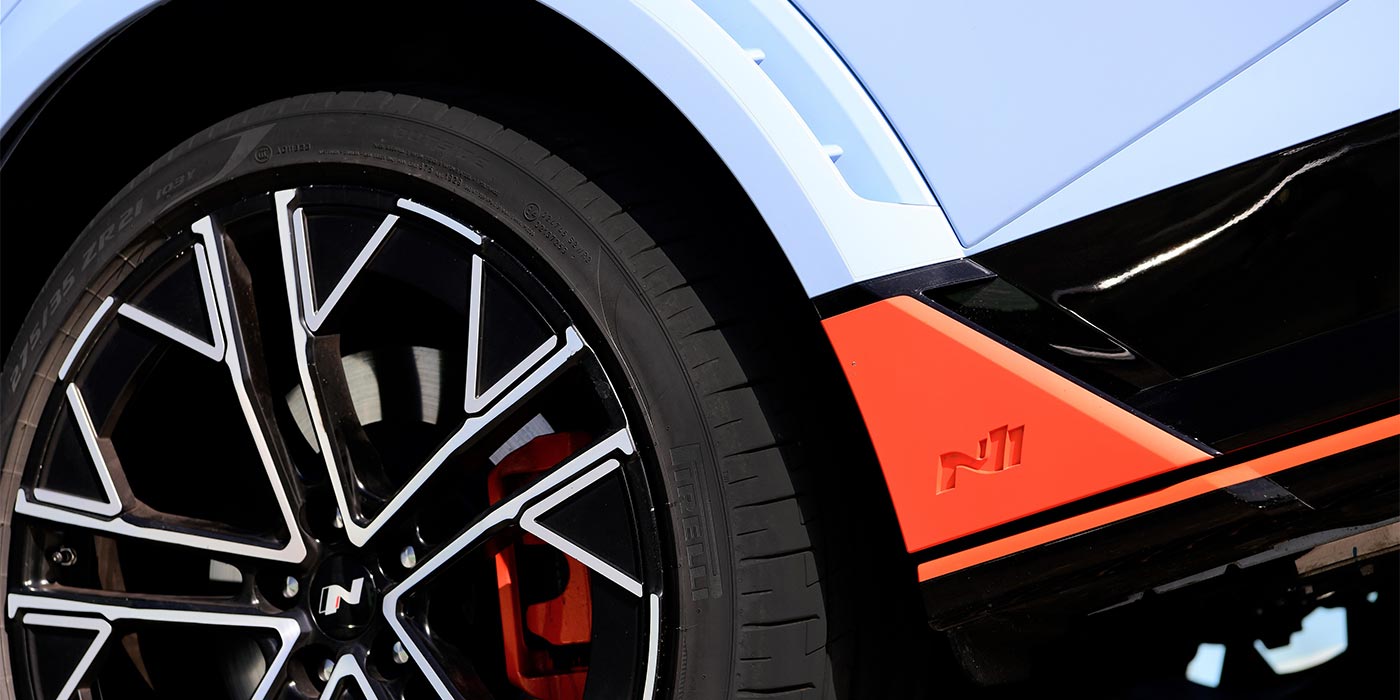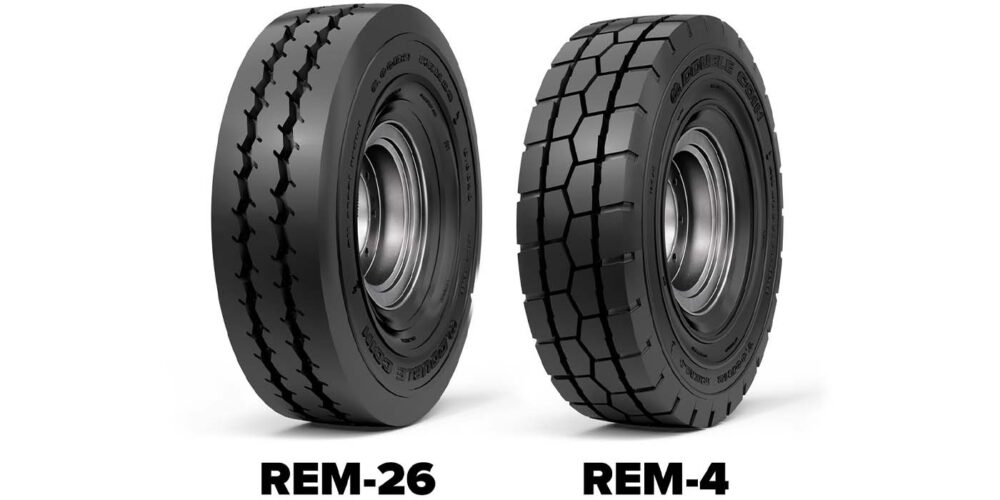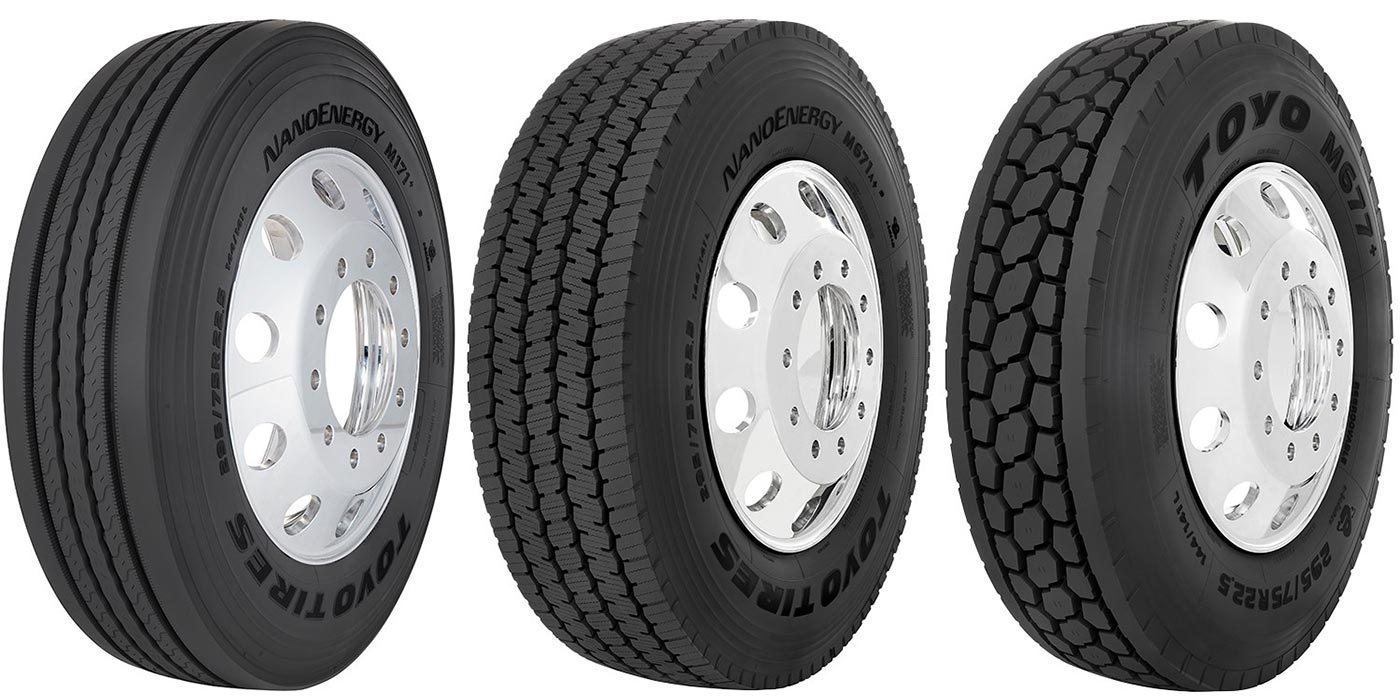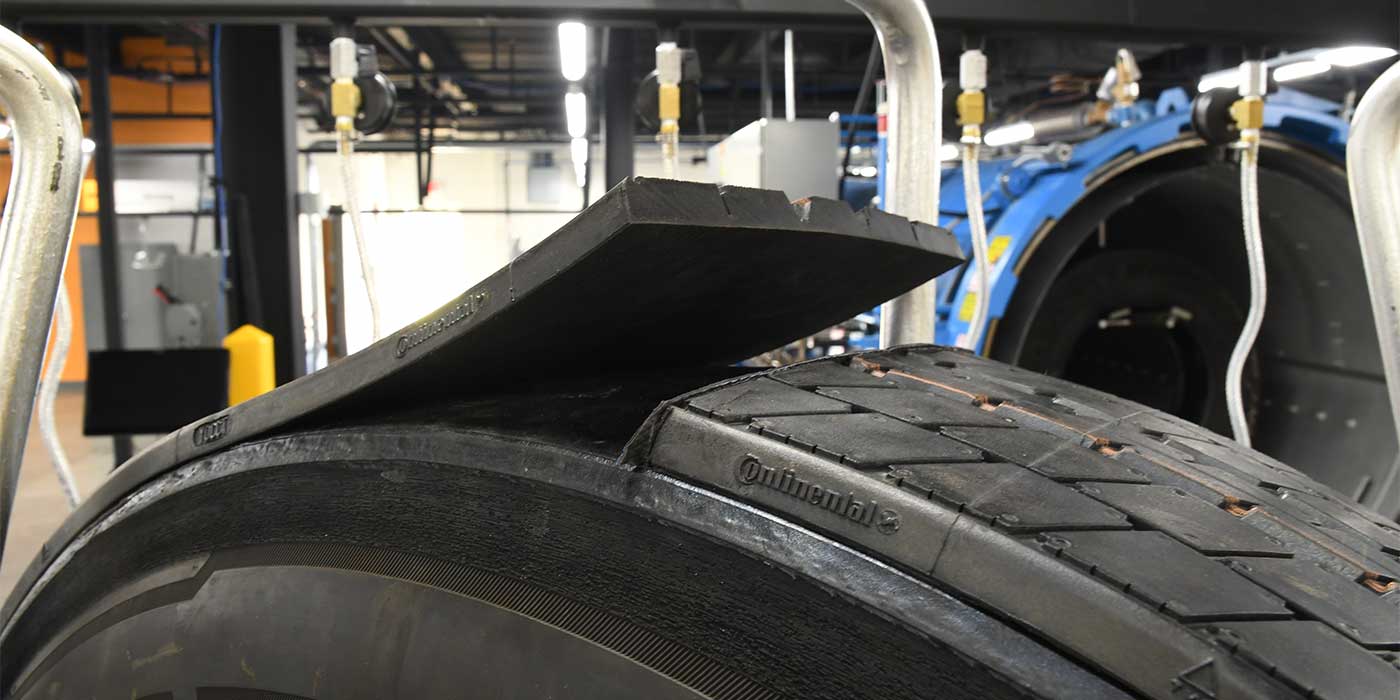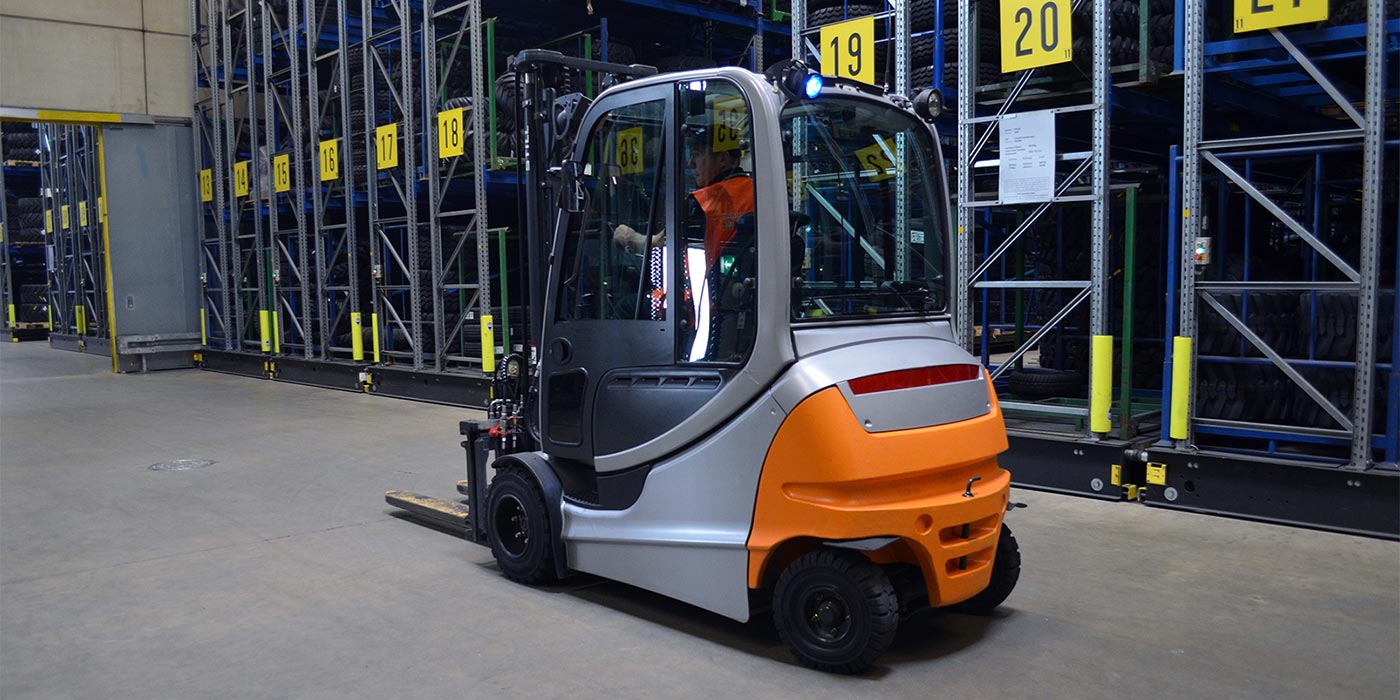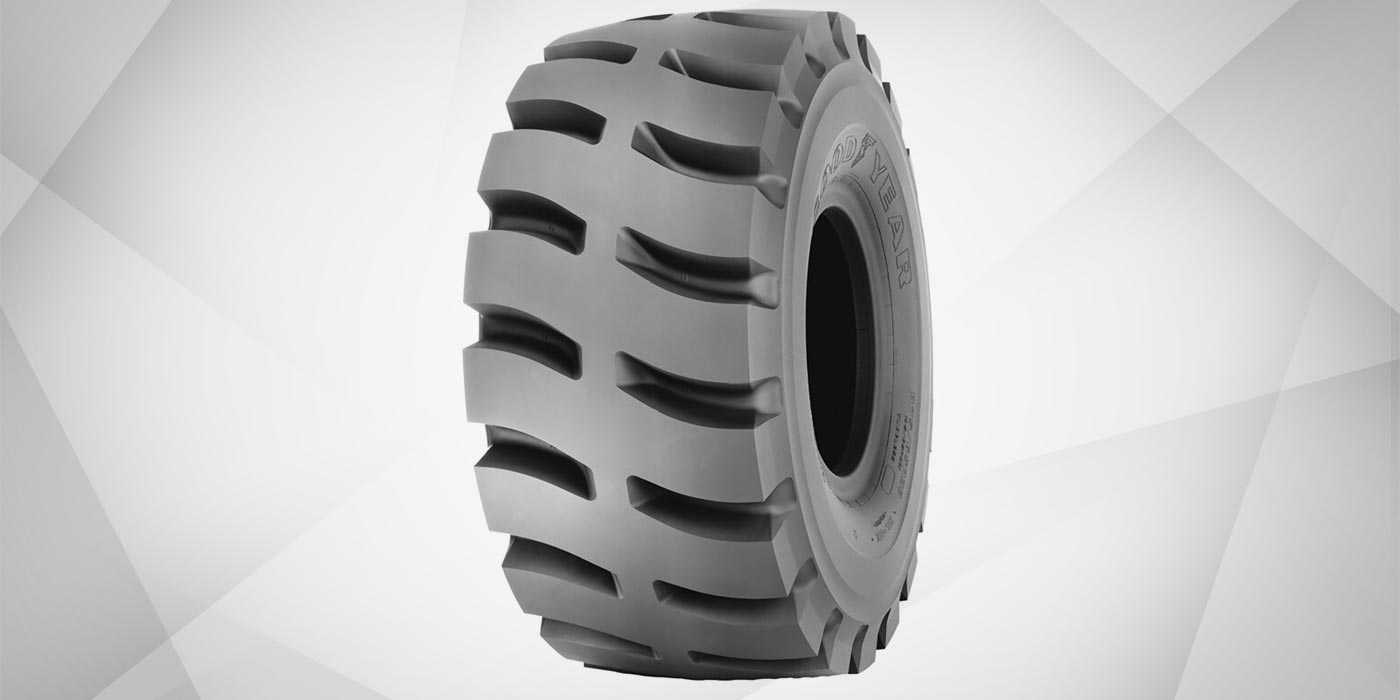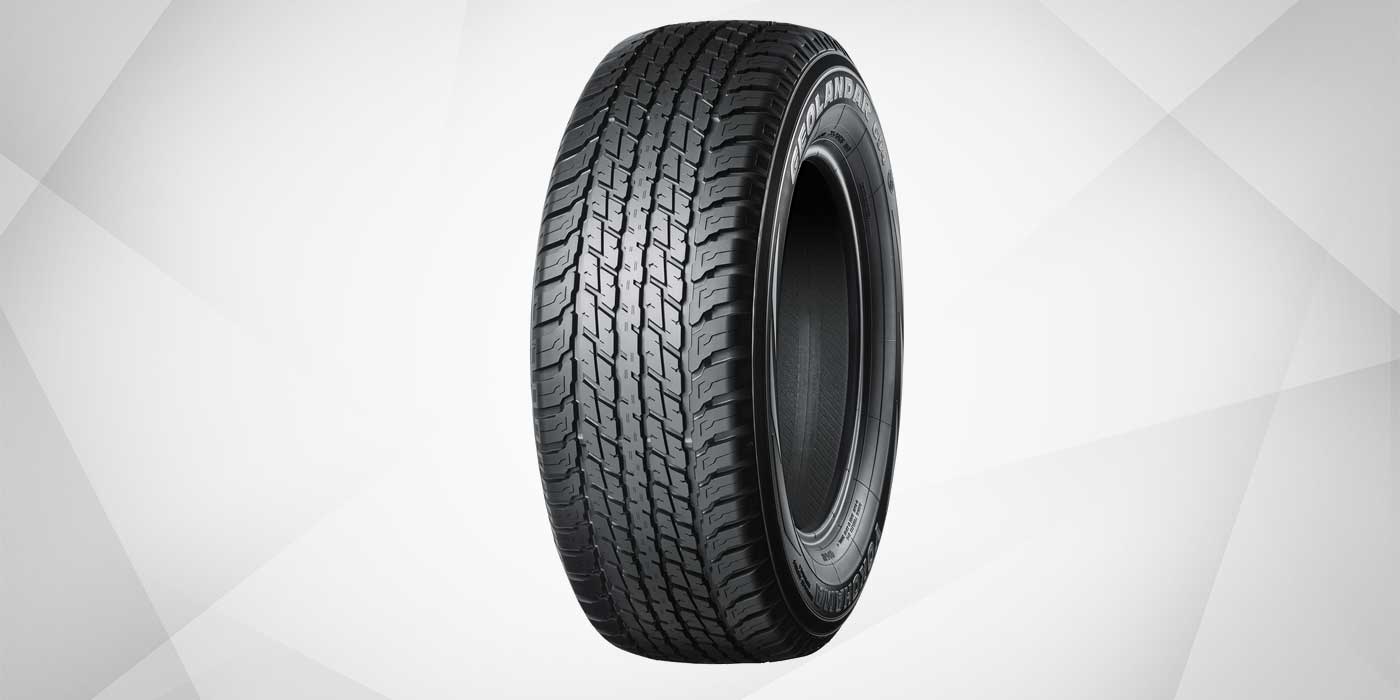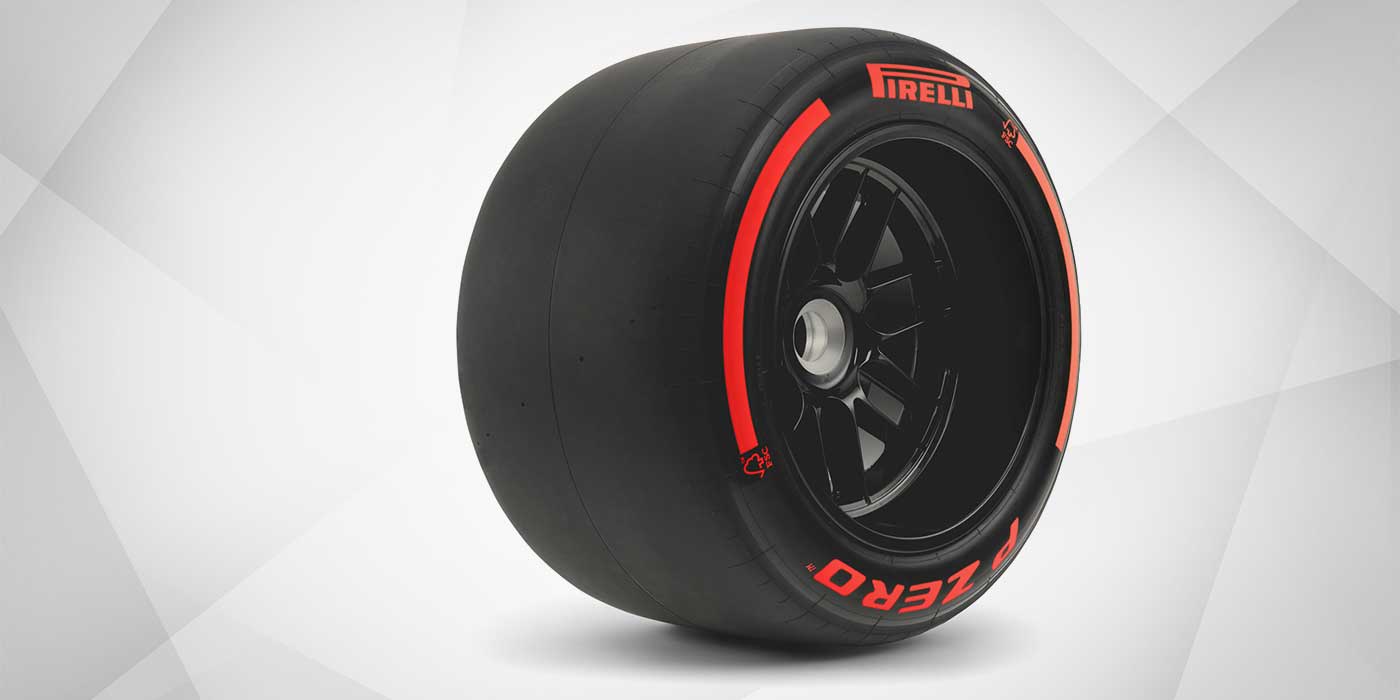Myths are fine if you’re teaching mythology. However, they are a pain in the bay for the automotive aftermarket, especially when dealing with new components like tire pressure monitoring systems (TPMS).
With every new technology, there are inherent learning, maintenance and problem-solving issues. Also, there are accompanying apprehensions and fears. Some concerns are valid; others would fall into the category of myths.
TPMS is no different. While many dealers (both tire and auto) are constantly learning the facts about the technology and other maintenance and repair concerns, now, they must deal with fiction. Those dealers and hundreds of technicians have only been battling TPMS issues for a few years – a relative short period of time – but, in that framework, the myth monsters have been very busy, themselves, cultivating their folklore.
So, what is a counter salesperson, a service manager or a tire or service technician to do when asked about these myths? What do they tell a soccer mom when she asks, with a serious look on her face and a car full of future Mia Hamms: “Will using my cell phone interfere with the tire pressure indicator on my dashboard?”
“Actually, that’s a good question,” says Ford engineer Rick Karbowski, who has heard his share of myths over the last year or so. “Electronic devices could (interfere), but most of these are not continuous – don’t give continuous signals.”
For this issue, Karbowski adds cell phones into the same category as other electronic devices using similar radio wave frequency nearby the TPMS-equipped vehicle. They include garage door openers, remote starters, microwave ovens and radar detectors.
“You could have interference at any particular time,” he added. “The military or police could temporarily interfer with systems. Our non-continuous interference (on Fords) is not a problem. Our TPMS-equipped vehicles contain a malfunction light on the dashboard and would indicate if there is a problem. Generally speaking, if the device is FCC- compliant, it won’t interfere with the TPMS.”
Busting Other Myths
But, what about some of the other myths that seem to be circulating these days? Ford’s Karbowski addressed some of the more popular ones.
What about car radios? Will the TPMS be affected if a car radio is set to a similar frequency? Will I not be able to use my radio any more?
“A car radio is a receiver, not an emitter,” says Karbowski. “There’s no issue with TPMS and radios. Radios have a set band and different frequencies.”
If a window tint that affects radio wave signals is installed, will that affect a system?
“Window tints are not a problem,” says Karbowski, “but we don’t know what lies in store for the future. Still, the safeguard – at least on Ford vehicles – is the malfunction indicator.”
Tire-Related Myths
Then there are myths from some slight-of-tongue salespeople who might suggest that, if a car owner doesn’t use “genuine” OE wheels, it might affect the TPMS system.
While they don’t say that using non-OE wheels could definitely cause a problem, they may add to the myths with this statement: “Aftermarket wheels and tires are not recommended, as they may cause the system to malfunction. Certainly, if the wheel doesn’t have a tire pressure system, and the vehicle is equipped for TPMS, they need to get systems on those wheels.”
So, which is it? Don’t use them, or install a TPMS?
On the tire side, one of the myths might just be a reality if specific types of tires are used.
Karbowski says, “Some tires may interfere with transmission of the signal. The early versions of run-flat tire systems had their problems. Also, tires with steel carcasses could be a problem.”
Since steel entered the picture, what about chains? Will they cause problems with TPMS?
“It’s the same thing,” he says. “We’ve tested some chains, and the jury is still out, but we don’t know about the future.”
TPMS and Spares
Many vehicles have full-size spare tires. If the spare tire (except compact spares) is in a location subject to poor radio-wave signal reception, will that impact operation?
“As it stands today, the new regulations don’t require TPMS on spare tires,” says Karbowski. “In addition, many of the spare tire rims are different. We suggest you refer to your owner’s manuals (auto and tire). However, replacing the road wheel as soon as possible will restore the system to its full functionality.”
What about weather changes? Are there different concerns if you live in the northern part of the country versus the southern part or warmer climates?
“Certainly, weather will affect the tire pressure,” says Karbowski. “But, if the TPMS is working properly, the indicator light on the instrument panel will warn a motorist of low pressure in the tires.”
Ford adds that the most important thing that customers need to realize is that changes in outdoor temperature will increase or decrease tire pressure by approximately 1 psi (pounds per square inch). For example, if you park your car in a heated garage and it’s -30º F outside, you’ll need to add about seven pounds of air to the tires to compensate for the change in temperature.
Communicating Myths and Facts
Karbowski says that Ford handles issues dealing with TPMS the same way it handles other myths, recommendations, etc. “We have communicated pertinent information to all of our Ford-Lincoln-Mercury dealers. Basically, we tell them that just changing or rotating the tires could damage the sensors when they dismount and mount them.”
He adds that Ford has gone to a mounting sensor inside the wheel well and has had positive feedback from dealers that they are less likely to be damaged.
New 2007 Ford and Lincoln-Mercury vehicles are equipped with a direct TPMS. Each of the four road tires has a sensor mounted in the valve stem. This sensor reads the air pressure of each tire, transmitting data every minute once the vehicle reaches 20 mph and every hour when the vehicle is traveling at less than 20 mph or at rest. When a sensor detects that the tire is under-inflated, it sends a signal that illuminates a warning light on the vehicle’s instrument panel. A solid light indicates that one or more tires need air, while a flashing light indicates a system fault, requiring that the vehicle be brought into the dealer for service.
“By law, the light has to come on when the tire is 15% below the certified pressure (the tire pressure determined by the automaker and printed on a label located on the driver’s door jamb). Ford’s system comes on a little sooner – at 14% under-inflated,” claims Karbowski.
The warning light will reset itself (go off) once tire pressures are reset to recommended specifications and the vehicle has been driven above 20 mph for at least two minutes.
Standardization a Major Concern
While there are many TPMS providers, Karbowski says he has major concerns with standardization. “We have more than one provider – several vendors,” he says. “However, there is no real consistency in the systems, and each one may or may not be compatible with the other.”
As a part of its communication efforts, Ford also recommends to its dealers to tell customers to check the air pressure in all tires, including the spare, at least once a month. Ford suggests that tire pressure should always be checked when the tires are cold and that customers should purchase a good digital or dial tire pressure gauge, as the stick type gauges are less accurate.
Ford also reminds customers not to drive on a flat tire if at all possible, as it could damage the tire pressure sensor, and damage to the sensor is not covered under warranty.
Karbowski has one other recommendation. “There’s a Web site operated by the Alliance of Automobile Manufacturers. It is well organized and simple.”
The Alliance’s site is checkmytires.com.



